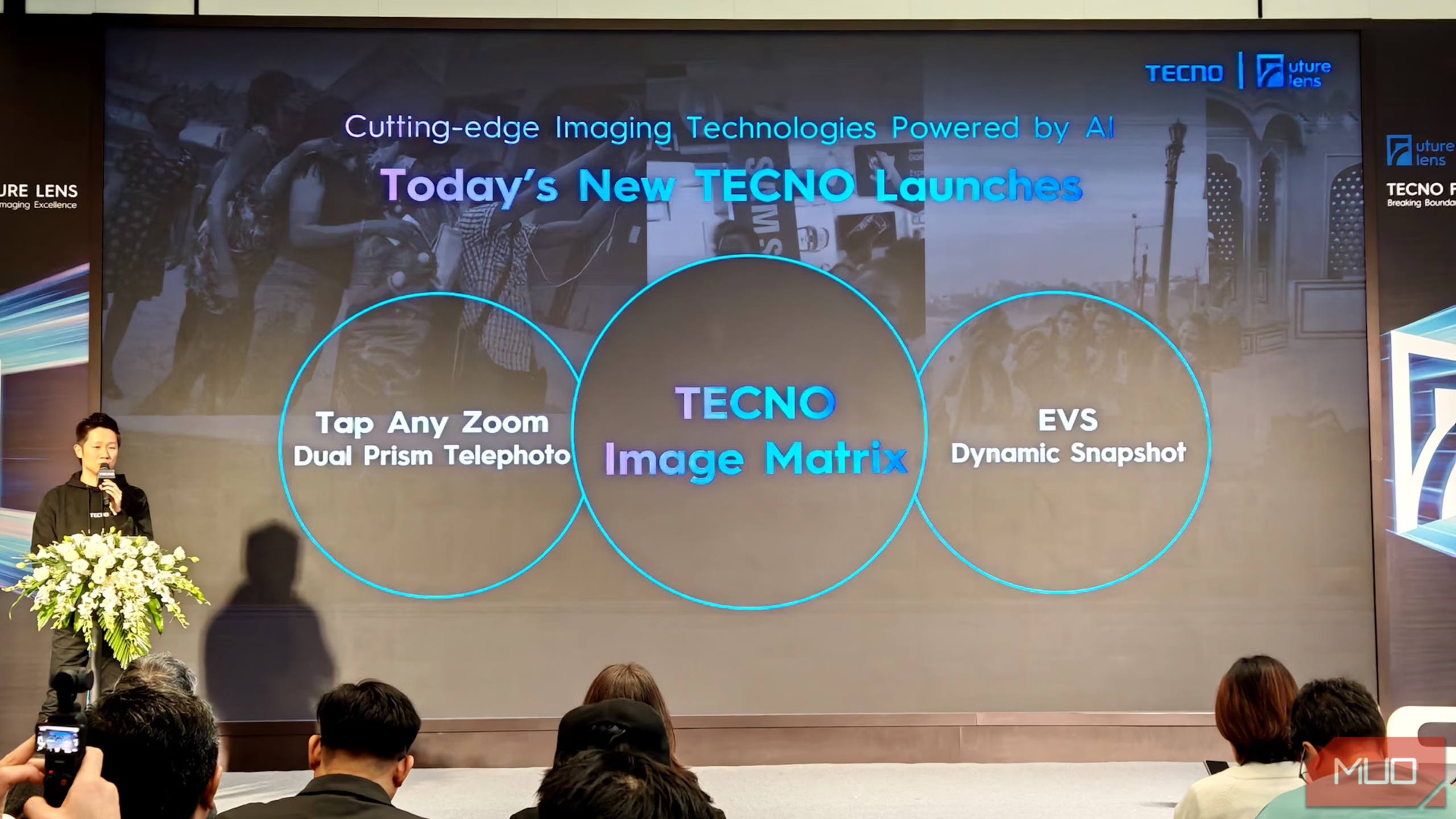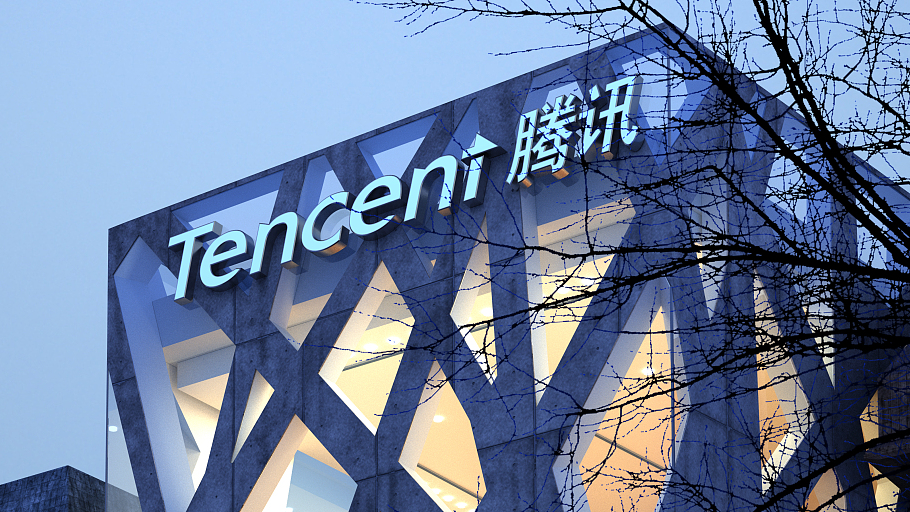Consumer tech giant prepares for ₹15,000 crore public listing
LG Electronics India has secured approval from the Securities and Exchange Board of India (SEBI) for its planned $1.81 billion initial public offering (IPO). This milestone positions LG for one of India’s largest tech listings and underlines the company’s intention to deepen its presence in the country’s capital markets.
The IPO marks a strategic shift—not just for LG, but for how legacy global brands view India as both a growth engine and a financial ecosystem ripe for integration.
Background: SEBI’s nod accelerates public market momentum
After months of regulatory clearance, SEBI’s approval clears the path for LG India to move forward with the IPO, expected later in 2025. The timing aligns well with India’s IPO resurgence, especially following a cautious start to the year.
LG enters the public market as one of the most trusted names in Indian homes. It leads across key categories such as refrigerators, air conditioners, smart TVs, and washing machines. This wide portfolio, combined with its nationwide retail network, gives it unmatched visibility and consumer trust.
In addition, the company’s emphasis on energy-efficient and premium products has earned it a loyal base across both urban and rural markets.
Strategic timing: Capitalizing on India’s digital-first middle class
India’s consumer electronics sector is projected to exceed $150 billion by 2026. Key drivers include rising disposable income, faster digitization, and a boom in smart home adoption.
LG’s IPO aims to capture this momentum. The funds raised will fuel:
Expansion of local manufacturing and R&D centers
Upgrades in after-sales service and tech support
Streamlined domestic supply chains to reduce reliance on imports
Development of eco-conscious product lines that align with climate goals
This capital will also support LG’s competitive positioning against domestic players like Boat and Voltas, and international rivals including Samsung, Xiaomi, and OnePlus.
Editorial insight: A listing built on purpose, not pressure
LG India’s IPO stands apart from typical tech listings. Rather than raising capital for survival or fast growth, this listing reflects a strategic vision. It shows LG’s desire to increase transparency, empower regional leadership, and align closely with Indian investors and regulators.
The move also complements LG Electronics’ broader strategy of regional autonomy. India now plays a major role in LG’s revenue and innovation roadmap. A domestic listing will help local teams gain operational flexibility and establish stronger accountability with Indian stakeholders.
Unlike competitors like Samsung or Sony, whose India operations remain unlisted, LG’s IPO strengthens its positioning through enhanced governance and public trust.
Future outlook: A playbook for multinational IPOs in India
LG India’s move could set a precedent. As India’s equity market matures and SEBI simplifies listing processes, other multinationals may follow. Companies such as Sony India, Bosch, and Panasonic already have deep roots in the country and strong consumer loyalty—making them ideal IPO candidates.
A wave of multinational listings would bring several advantages:
Wider retail investor participation, especially in high-impact sectors
Improved corporate governance, driven by quarterly scrutiny
More balanced stock indices, reducing dependence on IT and banking
Ultimately, India’s public markets could become the preferred capital access point for global companies looking to localize their business without ceding strategic control.
Conclusion: LG’s IPO redefines the future of foreign-listed consumer tech in India
The upcoming $1.81 billion LG India IPO is more than a financial event—it’s a strong message of commitment, credibility, and regional empowerment. LG is not just looking to raise funds. It is offering Indian investors a stake in a brand they already know and trust.
In doing so, the company may encourage other multinationals to list locally, enriching India’s investment landscape and deepening economic ties. For consumers, the listing means more localized innovation. For investors, it offers a chance to participate in the growth of a legacy brand.
And for India, it signals a future where global companies don’t just sell in the country—they belong to it.















